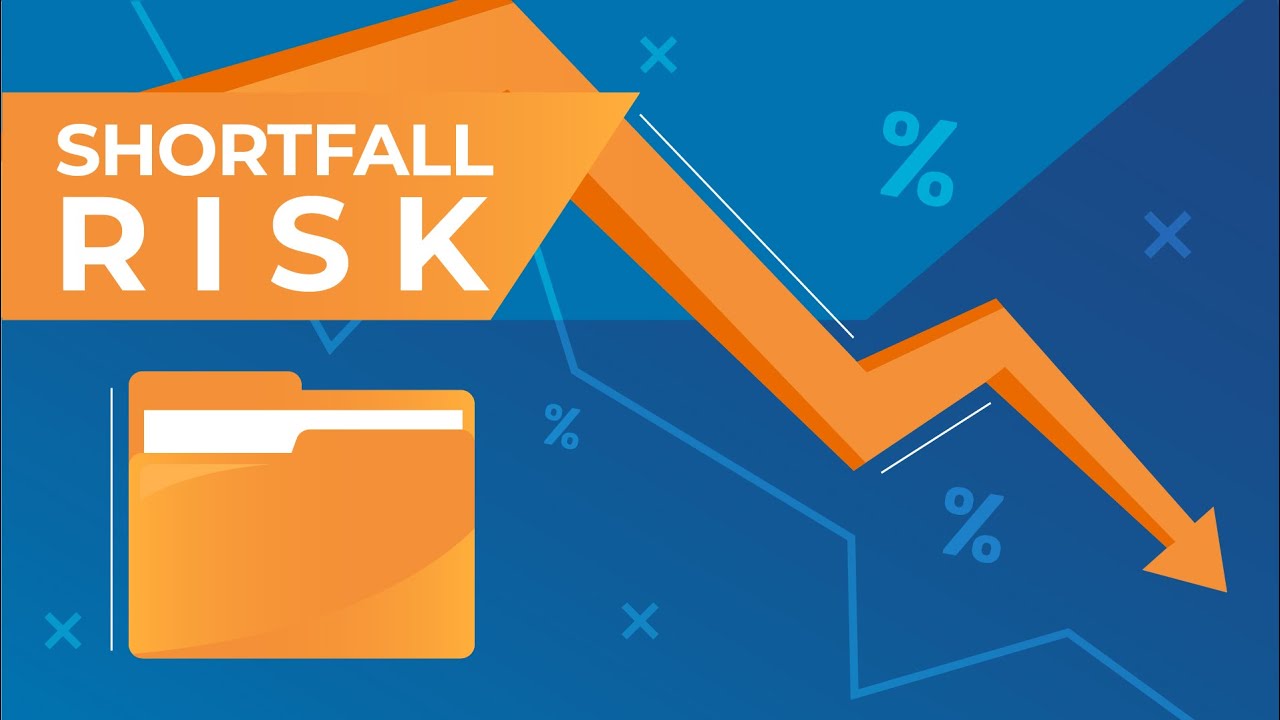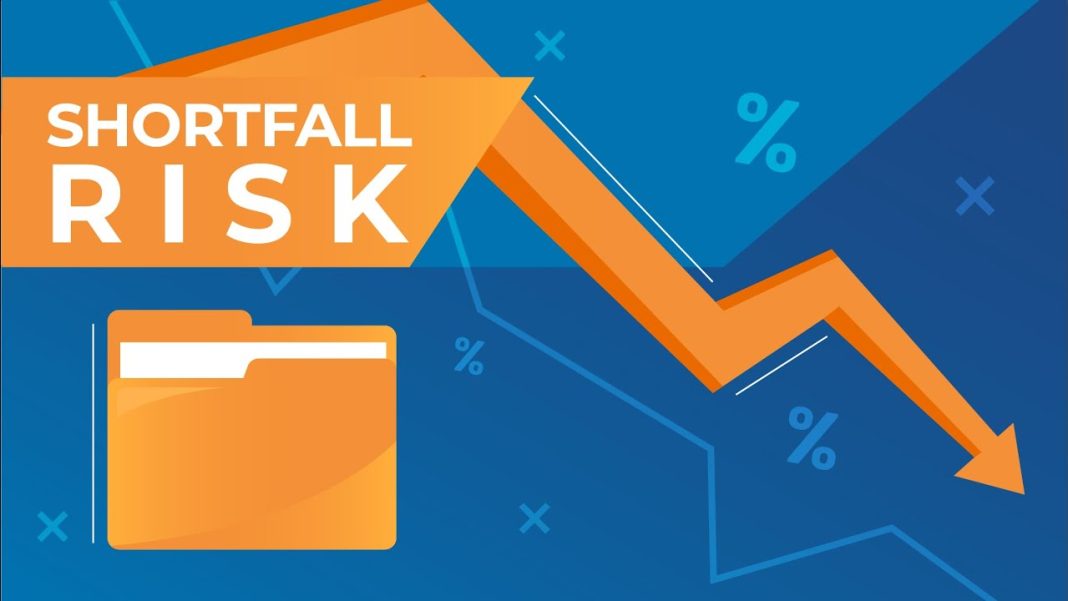 The recent bankruptcy of Synapse, a fintech middleman, has revealed an $85 million shortfall between what partner banks hold and what depositors are owed. According to Jelena McWilliams, the court-appointed trustee overseeing the case, customers had $265 million in balances, while the banks only had $180 million associated with those accounts. This discrepancy has caused significant disruptions in the fintech sector, leaving over 100,000 customers locked out of their savings accounts.
The recent bankruptcy of Synapse, a fintech middleman, has revealed an $85 million shortfall between what partner banks hold and what depositors are owed. According to Jelena McWilliams, the court-appointed trustee overseeing the case, customers had $265 million in balances, while the banks only had $180 million associated with those accounts. This discrepancy has caused significant disruptions in the fintech sector, leaving over 100,000 customers locked out of their savings accounts.
While Synapse and its partners have been engaged in a legal battle, accusing each other of mishandling funds and maintaining incorrect ledgers, McWilliams’ report provides the first external assessment of the missing funds. Since becoming the trustee, McWilliams has worked closely with four banks to reconcile their ledgers and restore customer access to funds. However, this process has been challenging due to a lack of information, especially regarding Synapse’s brokerage and lending business, which may have impacted fund flows.
Moreover, the exact cause of the missing funds remains unknown. McWilliams stated in her report that the source of the shortfall and whether funds were moved among partner banks in a way that exacerbated or reduced the deficits is still unclear. This lack of transparency adds further complexity to the situation and raises concerns about the safety and stability of the fintech industry.
Unfortunately, McWilliams faces additional obstacles in her role as trustee. She highlighted the lack of funds available to pay external forensic firms or former Synapse employees for assistance. This financial constraint, coupled with the firing of all Synapse employees, hampers efforts to resolve the issue promptly.
Despite these challenges, some customers who held funds in demand deposit accounts have regained access to their accounts. However, those whose funds were pooled in communal accounts known as FBO (For Benefit Of) accounts face greater difficulties. McWilliams estimates that it will take several more weeks to complete a full reconciliation for these customers.
In her report, McWilliams presented several options for Judge Martin Barash to consider during a hearing. These options aim to provide at least some FBO customers with access to their funds. One possibility is to pay some customers in full while delaying payments to others based on the reconciliation status of their FBO accounts. Alternatively, the shortfall could be distributed evenly among all customers to make limited funds available sooner.
McWilliams recommended that funds be distributed to end users as promptly as possible following the status conference with Judge Barash. This recommendation emphasizes the urgency of resolving the issue and mitigating the financial hardships faced by affected customers.


